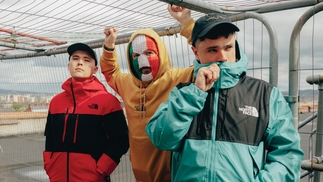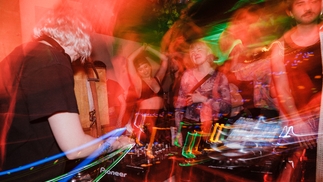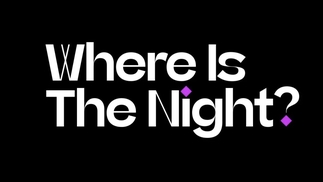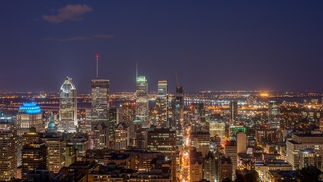Irish clubs’ extended opening hours licensing will not be in place this year
"We were told [in early 2021] worst case scenario, it would take two years... It really feels like we've been strung along here", Give Us The Night campaign founder Sunil Sharpe said
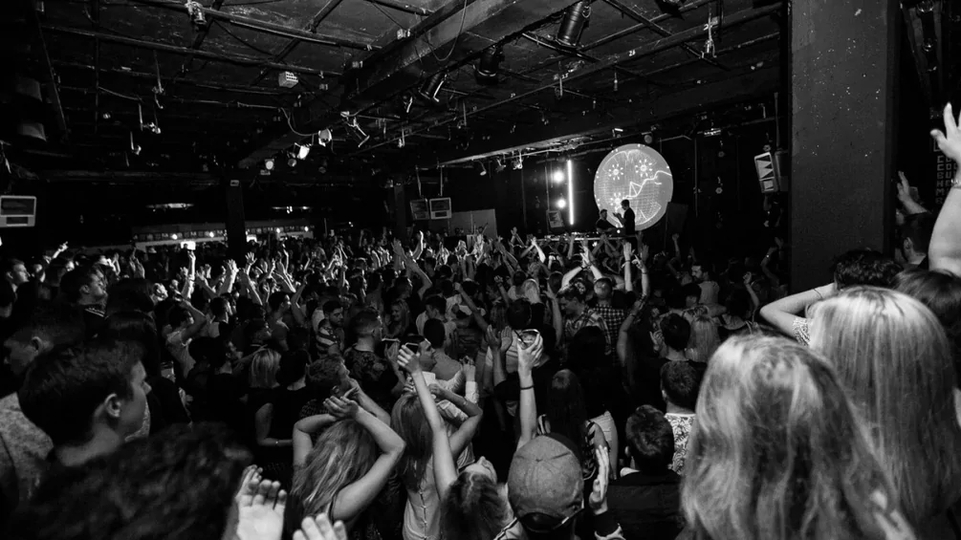
Nightclubs in Ireland will have to wait even longer for the anticipated opening-hours extension to come into effect.
The 6 AM late licensing laws, which began being drafted in October 2022, are not expected to happen until well into 2024, according to new comments by Taoiseach Leo Varadker.
“I think it's unlikely it will be the case for Christmas,” Varadker said. “That would mean getting the legislation published and enacted before Christmas. Even when it is enacted, there’s a whole licensing system that has to be gone through. I can say it will not be the case that those laws will be in place for this Christmas. But I would hope they can be in place for next summer.
"It's something I discussed with Minister McEntee and the Attorney General only in the last couple of days", he continued. "They're trying to put some additional resources behind that bill and to get it done so we can have a later summer next summer."
Give Us The Night campaign founder Sunil Sharpe called the comments "unhelpful" and "speculation" in an interview with RTE Radio 1, saying the licensing changes have taken "far too long" as it stands. "I know he's trying to be honest, but talking about next summer, why do that, it just muddies the water."
"We were told [in early 2021] worst case scenario, it would take two years", Sharpe said. "That was a conservative estimate, but the hope was it would be shorter than that. Now there's an extra year and a half being put on top of that. It really feels like we've been strung along here."
"The frustration here is that the government have been engaged in an extensive process of consultation on this bill since it formed in 2020," GUTN campaigner and DJ Robbie Kitt told Resident Advisor. "These are moderate reforms that barely bring us line with our European counterparts. We're trying to overturn incredibly archaic laws like the Public Dance Halls Act, a piece of legislation introduced in the 1930s on the back of fears of the Catholic Church regarding the sexual behaviour of young people. Despite all the work that's gone into this, it's depressing to see the approach to changing rules which entirely restrict the social capacity of people in this country being regarded with the same fear and inaction."
For the interim, Sharpe told Virgin Media News, "What [the government] can do in the short term is get rid of [Special] Exemption Order [(SEO)] costs", referring to the €410 per-night fee nightclubs must pay to stay open until 2:30 AM.
2022 brought hope and confirmation that the long campaign to reform nightlife in Ireland with the April reports that licensing law changes would be getting underway, confirmed later that year when formal drafting began in October. In June, Ireland launched a night-time economy pilot programme, which held its first public forum earlier this year.
The new licensing laws would allow nightclubs to remain open until 6 AM, with alcohol sales stopping at 5 AM, and eliminate the Special Exemption Order. Currently, clubs close at 2:30 AM with the €410 SEO. Pubs and bars would be able to stay open until 12:30 AM seven nights a week. Until then, pubs and bars can stay open until that time only on Friday and Saturday nights, with 11:30 PM closing times in the week and 11 PM on Sundays.
In 2021, Seán Finnan spoke with Sunil Sharpe about the Give Us The Night campaign, the archaic legislation Ireland's nightlife industry has been fighting against, how the Covid-19 pandemic hurt Irish clubs and more.
In late July, the Irish government launched an initiative to provide €2 million for nightclubs and venues to soundproof. The Night Time Economy Noise Mitigation Grant Scheme, open now through 31st December or until funds run out, can give up to €70,000 per applicant.

